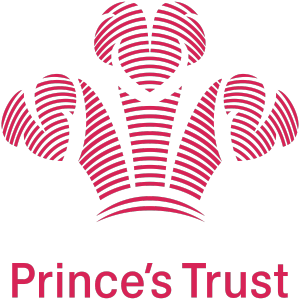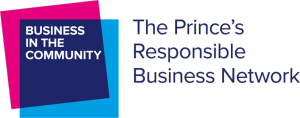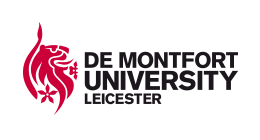
Meet our intern – Reed
What you studied/studying?
I have just finished my first year studying History and Politics at the University of Leicester.
What your ambitions are for the future?
To have employment that is meaningful to me, which is work that makes me feel that I am making a positive difference.
Why you chose to intern with us?
Because the job opportunity offered by Access Generation felt meaningful because it allowed me to work for a company that is making a significant positive difference in the world by helping improve the employment chances of young people.
Anything you’re excited about doing with us?
I already have had extensive involvement in the Third Sector through volunteering opportunities, as it is work that I find to be meaningful because it often directly helps people. Considering that the Third Sector is something I would like to be involved in in the future, the opportunity to be paid for my involvement in the Sector for the first time is something I am excited for, as it is a marketable step up from just volunteering. I am also looking forward to having the opportunity to improve my skills, such as my research, marketing and communication abilities and to have the chance to increase my networking with other third sector organisations. As well as the prospect of influencing both the work of Access Generation and the practices of employers.
What you hope to achieve during the internship?
To feel by the end that the work I engaged in has made a positive difference.
Do you have any messages for employers?
Applying for a job is already a strenuous process, taking over half a dozen hours in preparation, so with that in mind, my message for employers would be to scrap the use of cover letters. As cover letters are ultimately not the most effective use of time, either for the employer to read and the potential employee to write because cover letters provide very little that actually allows an employer to assess a potential employee. Primarily because the way cover letters are produced are usually from a template, provided online, which the employee follows to the letter on subjects like why they want to work in your company, to the extent that they may as well have been copy-pasted. As a result, all a good cover letter tells you is that an employee is good at following a template, not much else. Any other information that a cover letter provides around, for example, a potential employee’s capabilities are nothing that a well-done CV or an extensive follow-up interview should not already provide. My message to employers would be that cutting covering letters from the application process as much as possible would be beneficial to both employers and employees by saving both parties’ time.
Related articles
Top tips for working with interns
Did you know…?
Universities typically have an employability team that work to match students with employment opportunities including internships. An internship is often a short paid work experience and a chance for the student and employer to ‘try before they buy’. Internships are often part or fully funded.
Reed has joined us via the University of Leicester’s Employ Autism programme in partnership with Ambitious about Autism. Find out more: https://le.ac.uk/enterprise/development/recruit-our-students/employ-autism














